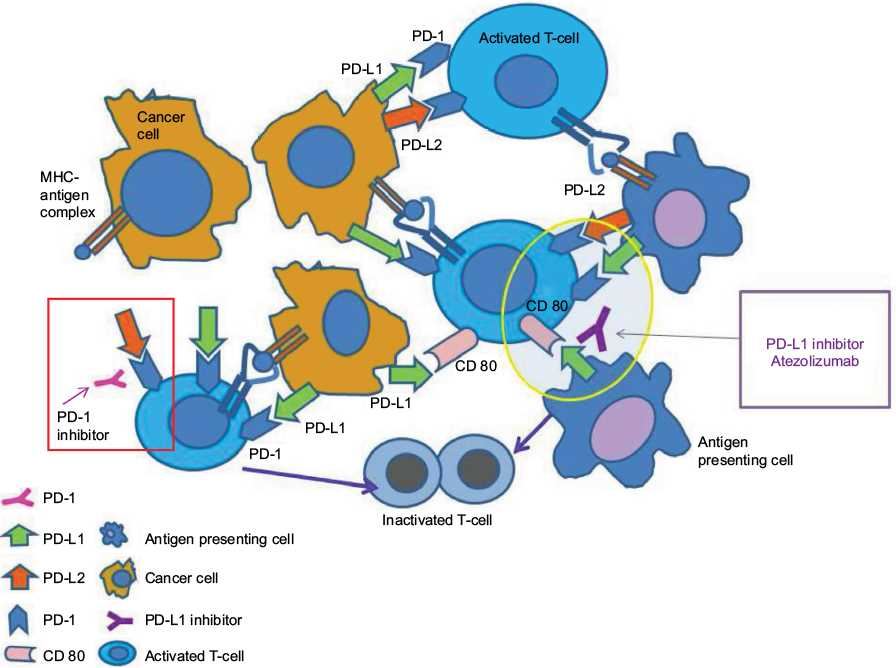Antagonist antibodies targeting multiple receptors have been proposed as an alternative approach to modulate immune cell responses for the treatment of numerous diseases. As a pioneer company in the antibody field, Creative Biolabs offers the novel antagonistic antibody development services for the treatment of non-small cell lung cancer (NSCLC). Particularly, our professional scientists commit to locating the most appropriate method to achieve our clients’ research objectives and utilize our high-quality services to make them a reality.
NSCLC is a type of lung cancer which accounts for approximately 85% of all cases of lung cancer. Cigarette smoking has been treated as the major cause of NSCLC, but studies indicate that nicotine isn't the culprit in the carcinogenesis process. It has been reported that each inhalation of cigarette smoke could introduce multiple carcinogens into the body. By this way, a cancer-causing agent binds to cellular DNA and the malignant process may be initiated. In addition, other risk factors such as exposure to radon, secondhand smoke, air pollution, excess alcohol intake, and cured meat consumption may also induce NSCLC. Traditionally, three major therapies including surgery, chemotherapy, and radiation therapy, are used for NSCLC. Recently, target therapy has become a new form of treatment often used to treat NSCLC.
 Fig.1 Inhibition of the programmed death pathway-mAbs against PD-1 and PD-L1. (Seetharamu, 2017)
Fig.1 Inhibition of the programmed death pathway-mAbs against PD-1 and PD-L1. (Seetharamu, 2017)
During the development of immunotherapeutic, tumor cell-induced dysregulation of immune checkpoint proteins has revealed as a major mechanism of anti-tumor T-cell immunity inhibition. Studies have shown that once activation, T-cells up-regulate a number of surface proteins and modulate their activity either in an inhibitory or stimulatory fashion. Among these proteins, PD-1 is up-regulated on a great proportion of tumor-infiltrating lymphocytes, and its two major ligands, PD-L1 and PD-L2, are commonly overexpressed on the surface of tumor cells in NSCLC. Blocking these co-inhibitory signals, such as the PD-1/PD-L1 interaction, provides an alternative approach for the treatment of lung cancer. Particularly, antagonistic antibodies targeting the co-inhibitory PD-1/PD-L1 interaction have impacted the treatment landscape of advanced NSCLC.
With years of experience, Creative Biolabs has established top technology platforms in developing antibodies not only for research but also for therapeutic. Our scientists are confident in providing one-stop service from target preparation, experiment design to antibody engineering to fit your specific demands. In addition, we also offer antagonistic antibodies development service for other disease. For more detailed information, please feel free to contact us or directly send us a quote.
Reference
All listed services and products are For Research Use Only. Do Not use in any diagnostic or therapeutic applications.